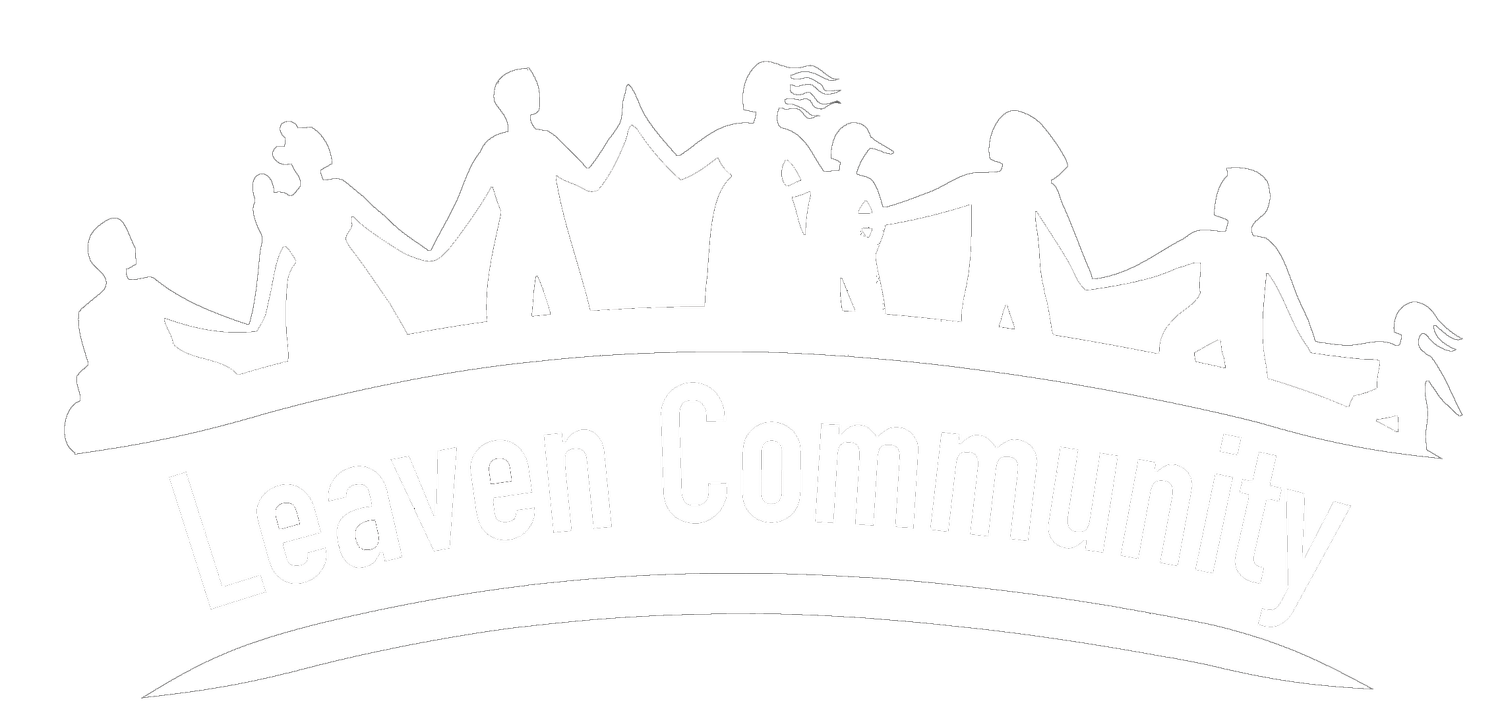Discussion Facilitator: Cynthia Ryan. Saturday, March 14, 2020
I offer up a poem for contemplation (and related music video). All this worrying about COVID-19 is rather worrying. If someone has a Buddhist perspective to add to this, feel free:)
I Worried by Mary Oliver
I worried a lot. Will the garden grow, will the rivers
flow in the right direction, will the earth turn
as it was taught, and if not, how shall
I correct it?
Was I right, was I wrong, will I be forgiven,
can I do better?
Will I ever be able to sing, even the sparrows
can do it and I am, well,
hopeless.
Is my eyesight fading or am I just imaging it,
am I going to get rheumatism,
lockjaw, dementia?
Finally I saw that worrying had come to nothing.
And gave it up. And took my old body
and went out into the morning,
and sang.
Wade in the Water
https://www.youtube.com/watch?v=RRpzEnq14Hs
***
Rosemary Brown:
C.S. Lewis “On Living in an Atomic Age” (1948)
In one way we think a great deal too much of the atomic bomb. “How are we to live in an atomic age?” I am tempted to reply: “Why, as you would have lived in the sixteenth century when the plague visited London almost every year, or as you would have lived in a Viking age when raiders from Scandinavia might land and cut your throat any night; or indeed, as you are already living in an age of cancer, an age of syphilis, an age of paralysis, an age of air raids, an age of railway accidents, an age of motor accidents.”
In other words, do not let us begin by exaggerating the novelty of our situation. Believe me, dear sir or madam, you and all whom you love were already sentenced to death before the atomic bomb was invented: and quite a high percentage of us were going to die in unpleasant ways. We had, indeed, one very great advantage over our ancestors—anesthetics; but we have that still. It is perfectly ridiculous to go about whimpering and drawing long faces because the scientists have added one more chance of painful and premature death to a world which already bristled with such chances and in which death itself was not a chance at all, but a certainty.
This is the first point to be made: and the first action to be taken is to pull ourselves together. If we are all going to be destroyed by an atomic bomb, let that bomb when it comes find us doing sensible and human things—praying, working, teaching, reading, listening to music, bathing the children, playing tennis, chatting to our friends over a pint and a game of darts—not huddled together like frightened sheep and thinking about bombs. They may break our bodies (a microbe can do that) but they need not dominate our minds.
***
Bruce Cantwell: "How to Handle Coronavirus Anxiety in 20 Seconds"
LaVeta Gilmore Jones wrote: I wonder how we as a meditation group can provide meditation opportunities with the larger community?
On Friday, a few hours after I received that email, the Ten Percent Happier with Dan Harris podcast posted an episode entitled "How to Handle Coronavirus Anxiety."
Two 20-second practices can help us stop worrying.
Washing Hands:
To time your hand washing, try reciting:
May we be well in body, thoughts, and feelings.
May we face and cope with life's inevitable stresses.
May we work productively to benefit ourselves and others.
May our actions benefit our community.
Reason it works: caring for others reduces our anxiety. Washing our hands for 20 seconds these days is a genuine way to practice universal compassion.
Mindfulness of Facial Sensations
1. Notice how often you put your hand to your face. Bring awareness to the sensation that immediately precedes it.
2. When you notice an itch, turn your attention to the sensation for 20 seconds, or as long as it lasts, with genuine curiosity.
3. Use the time to reflect on whether you've washed your hands since last touching a possibly contagious surface.
Reason it works: for coronavirus to infect us, it has to enter the respiratory system. The easiest path is through the mouth, nose, or eyes. Pausing between awareness of a facial sensation and an automatic response to that sensation is the essence of awakening or liberation.
Bonus: Here’s the Pulitzer Prize-winning piece (and group) that the Oregon Symphony had to cancel this weekend. https://youtu.be/NDVMtnaB28E

